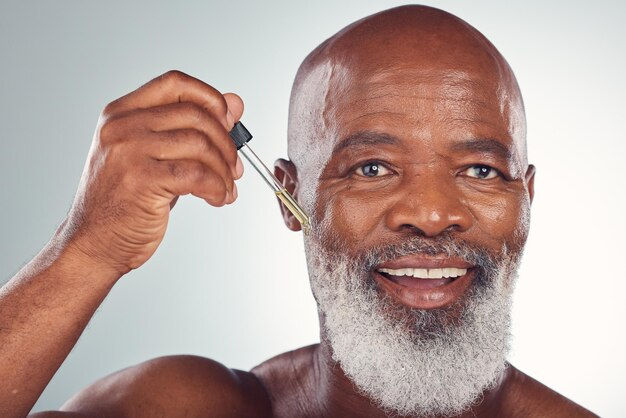WATER: The Clear Choice
- Dr. Mordeana Williams

- May 10, 2022
- 3 min read

Essential for Life:
Although deficiencies of other nutrients can be sustained for months or even years, a person can survive only a few days without water. Experts rank water second only to oxygen as essential for life. Water supplies the medium in which various chemical changes occur, aiding in digestion, absorption, circulation and lubrication of body joints. Water is used for virtually all bodily functions including carrying nutrients and oxygen around the body and eliminating waste. Water maintains body temperature through perspiration. It helps cushion joints and protect organs and tissue. Even your skin is affected. Since your body’s major internal organs snatch up water first, skin gets only what’s left, if there is any. When you stay well hydrated, however, skin stays supple overall and plumped up, lessening the visibility of fine lines and wrinkles.

So How Much Water Is Enough? While thirst signals the body’s need for fluid, slight dehydration has already occurred by the time a person becomes thirsty. It only takes a loss of 1 to 2 percent of the body’s total water content to cause dehydration. On Average, you lose 10 cups of water a day and get only four back from your food. That is why it was always recommended that we drink 6-8 glasses/cups of water daily. Each day a person will lose a minimum of 400 milligrams (about ½ cups) of water through breathing, 400 milligrams through the skin and 1,000 milligrams (4 cups) through the kidneys. (This is the minimum, so if you are active you’ll lose more).
The amount of water inside a cell, known as the cellular hydration state, can change within minutes. When you begin to lose as little as 1 percent of our body weight in water, your ability to regulate heat begins to be impaired. If you lose 7 percent of your body weight in water, you’re likely to collapse when exercising in heat. If you dehydrate a muscle by as little as 3 percent you can cause a loss in contractile strength of about 10 percent as well as a 12 percent loss in speed.

According to the American dietetic association, it’s not eight glasses of water a day; it’s eight
eight-ounce servings-big difference. However, those eight cups are just a guideline. For instance, you should add a cup if you exercise, live in a warm climate or drink more than two cups of coffee or alcohol a day, since these drinks act as a diuretic. Air traveler and working in a climate-controlled office also adds a cup or two extra.
Fully rehydrating the body doesn’t occur as fast as you might think. Even after consuming large amounts of water, your dehydrated body can take from a few hours to a day or more completely rehydrate. Tissues such as the muscles and skin, which are predominantly water, take the longest to recover from dehydration. A good sign of good hydration is if you urinate every two to four hours and your urine is clear or light in color.
Most people take water for granted, not realizing how desperately their bodies crave it.
Don’t wait until the tap runs dry to realize how important water is; start today replenishing your body and begin to reap it many rewards.
Let’s help you get to the right hydration level with one of our Normal Saline IV Bags. You may also do some add on Vitamins and Minerals because if you are dehydrated naturally you may also be deficient in theses essential minerals and vitamins that plays a major part in the body function.
Make a clear choice to rehydrate; come let VitaMineral help you fully quench your thirst.




Comments